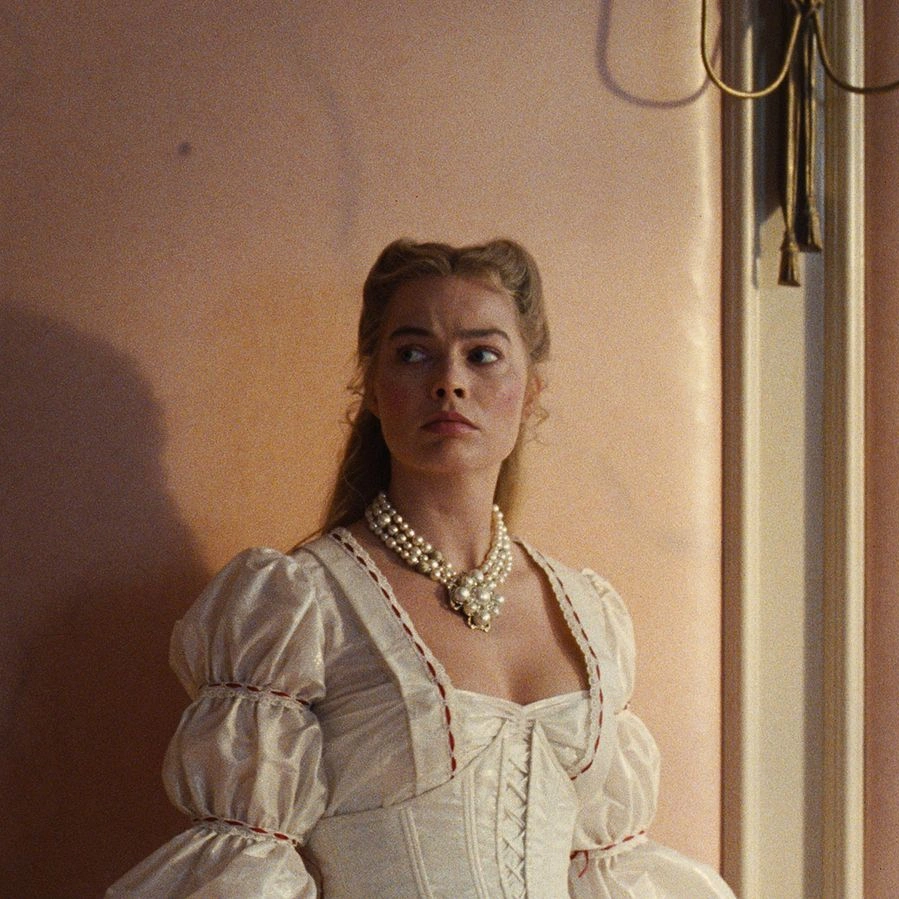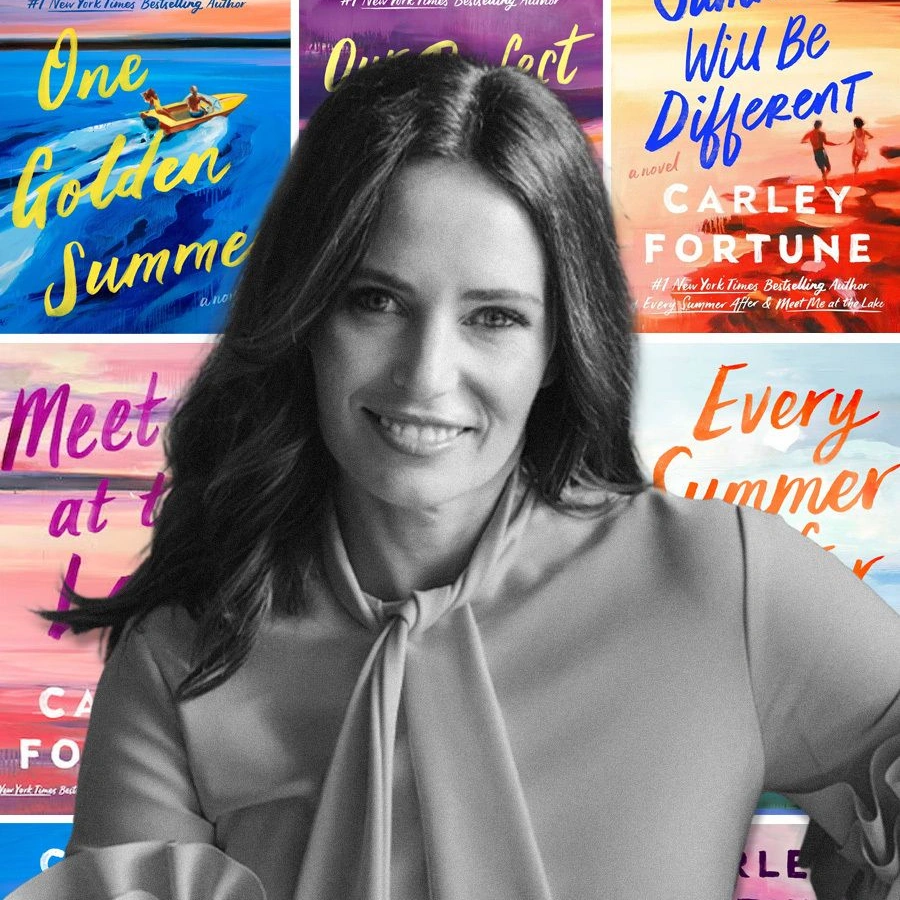Every few years, the book world falls head over heels for a new genre, and right now romantasy is the one sweeping us off our feet. Think epic fantasy worlds, slow-burn (or sometimes very fast-burn) romances, and morally grey love interests who could kill you but choose to flirt instead. Whether it’s fae courts, dragon academies, or dark magical prophecies, romantasy books are serving escapism on a silver platter—and readers can’t get enough.
If you need proof that romantasy has us all in a chokehold, just look at Onyx Storm, the latest instalment in Rebecca Yarros’s Empyrean series, which, earlier this year, became the fastest-selling adult novel in the past 20 years. Yes, the same series that launched Fourth Wing, a book that had grown-ups collectively losing their minds over dragon riders and military academies like they were back in their Divergent phase. And it’s not alone—Sarah J. Maas’s A Court of Thorns and Roses (ACOTAR) and Crescent City books, Scarlett St. Clair’s Hades x Persephone retellings, and Jennifer L. Armentrout’s From Blood and Ash have become essential reading for anyone who wants to be part of the romantasy phenomenon.
Romantasy isn’t the first genre to sweep through bookstores like an enchanted tidal wave. The early 2000s saw a vampire romance frenzy (Twilight, Vampire Academy, House of Night), followed by the dystopian boom (The Hunger Games, Divergent, The Maze Runner). The mid-2010s leaned into YA fantasy (Throne of Glass, An Ember in the Ashes), and now, we’ve circled back to fantasy—but with a twist. Where vampire romances focused on pale brooding immortals lurking in modern-day high schools, today’s romantasy thrives on intricate world-building, political intrigue, and heroines who wield swords alongside their devastatingly attractive love interests. The relationships have gotten steamier, the stakes have gotten higher, and the fantasy elements are now just as central as the romance—if not more.
So why is romantasy the genre right now? Blame it on social media—especially BookTok and Bookstagram—which has turned reading into a lifestyle. #Romantasy has millions of views, with readers breathlessly recommending their latest obsession (often featuring morally grey, devastatingly attractive fae males). These books are discussable, but also meme-able, and tailor-made for internet fandom. They create the kind of feverish engagement that publishers dream of—TikTokers cry over character deaths, make fancasts, and lose their minds over exclusive sprayed-edge editions.
For fans like Anina Jacob, a 24-year-old Bengaluru-based graphic designer, romantasy is not just about the magic; it’s about the love. “There’s something about romantasy that makes love feel the way it’s supposed to be—epic, all-consuming, and worth every risk. I think that’s why I love it so much. Because when reality makes love feel fleeting or uncertain, these stories remind me of what love could be—deep, undeniable, and fated. The kind of love that can survive kingdoms falling and stars burning out.”
It’s not just BookTok doing the heavy lifting. Instagram is overflowing with spellbinding fan art of witches brewing trouble (and romance), Reddit is deep-diving into conspiracy-level fan theories. And AO3? Well, let’s just say if the book didn’t have enough spice, the fanfiction definitely will. Romantasy isn’t just something you read—it’s a whole ecosystem of obsession. On TikTok alone, #romantasy has racked up over 800 million views, proving just how obsessed readers are. Once aimed at teens and young adults, romantasy has now cast its spell on women in their late twenties and early thirties. Every major publisher, from HarperCollins to Penguin has a dedicated romantasy section now, proving that the genre isn’t just a trend—it’s a movement.










